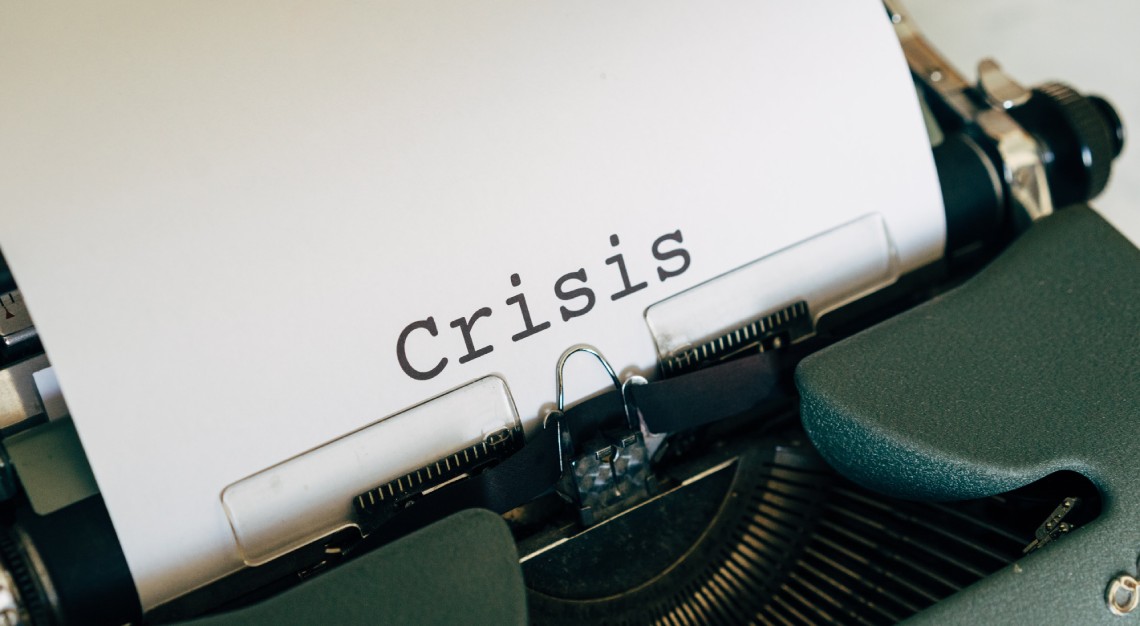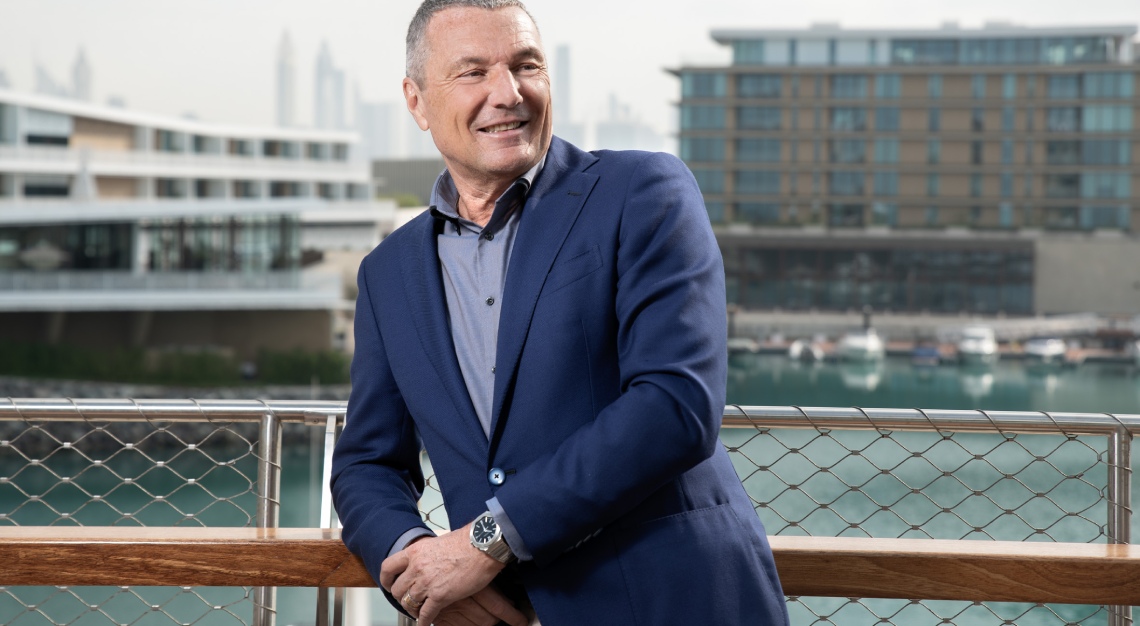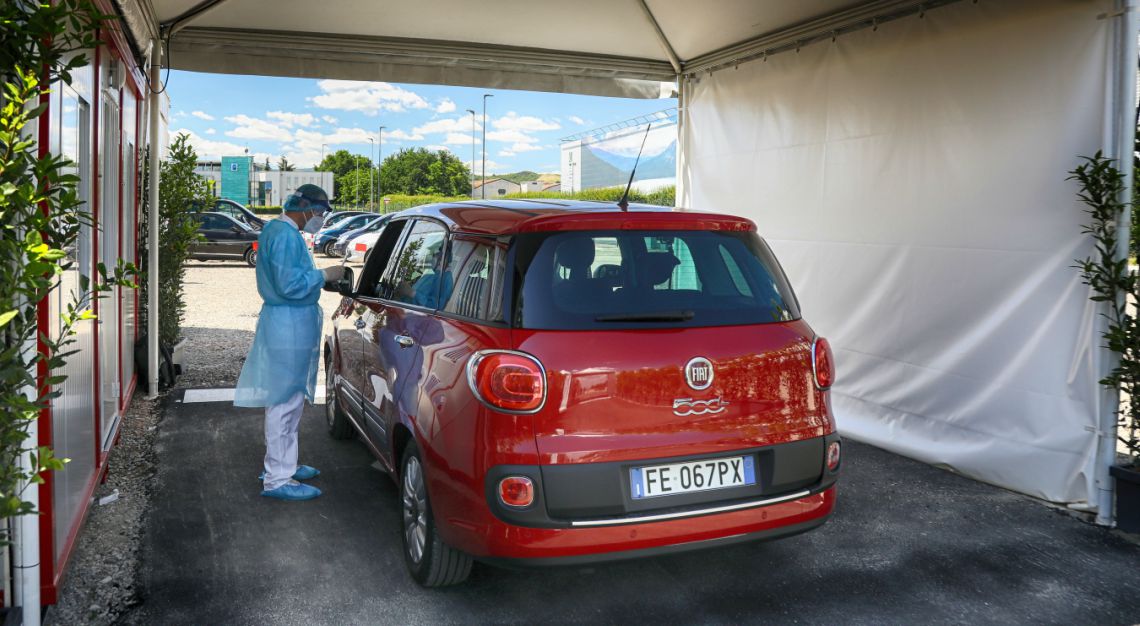Andrew Leci has a degree of sympathy for world leaders who face dilemmas, but is the ‘opening up’ debate merely a false one? Here’s an examination of the current issues without mentioning the name, ‘Trump’, or using the word, ‘unprecedented’
The definition of a dilemma is a conflict, problem or situation that has two possible solutions / outcomes. My inherent pessimism tends to make me believe that the outcomes are both equally undesirable, but a choice has to be made, nevertheless. This is the situation faced by many world leaders and governments when it comes to deciding when to ‘open up’ and reduce the restrictions imposed on populations in the wake of the coronavirus outbreak, in an attempt to get economies back on track – assuming that it’s not already too late.
Whether fortunately or otherwise, it’s not something that we have to worry about in Singapore, for now at least, with the recent announcement of an extension to the ‘circuit breaker’. To a certain extent, therefore, we can sit back and watch other countries’ leaders grapple with a conundrum the like of which the world has never seen. Decisions have to be made.
While political careers may well be dependent on getting those decisions right, they are mere bagatelles compared to the cost in human lives. Leaders will be faced with the prospect of, potentially, ‘getting back to business’ too early and risking a second, or even third and fourth wave of infections that will claim more victims, or continuing with various forms of lockdown and exacerbating the damage done to economies and businesses around the world.
Unemployment in many countries is skyrocketing. The US now has 26 million people ‘unemployed’, a level that hasn’t been witnessed since the Great Depression almost 100 years ago. If this situation continues, there is speculation that the unemployment level in the US could reach and remain at 20 per cent, with an attendant pressure on the federal government that is going to be hard to manage. Should the US administration, however, choose to ease restrictions on human movement and encourage people to get back to work – as it seems to be doing, gradually – the lack of social distancing almost certainly means that infections will rise, there might be another ‘spike’, and the COVID-19 pandemic will strengthen its hold, causing the loss of yet more lives.
What is the right decision to make, and is it as straightforward as it sounds?
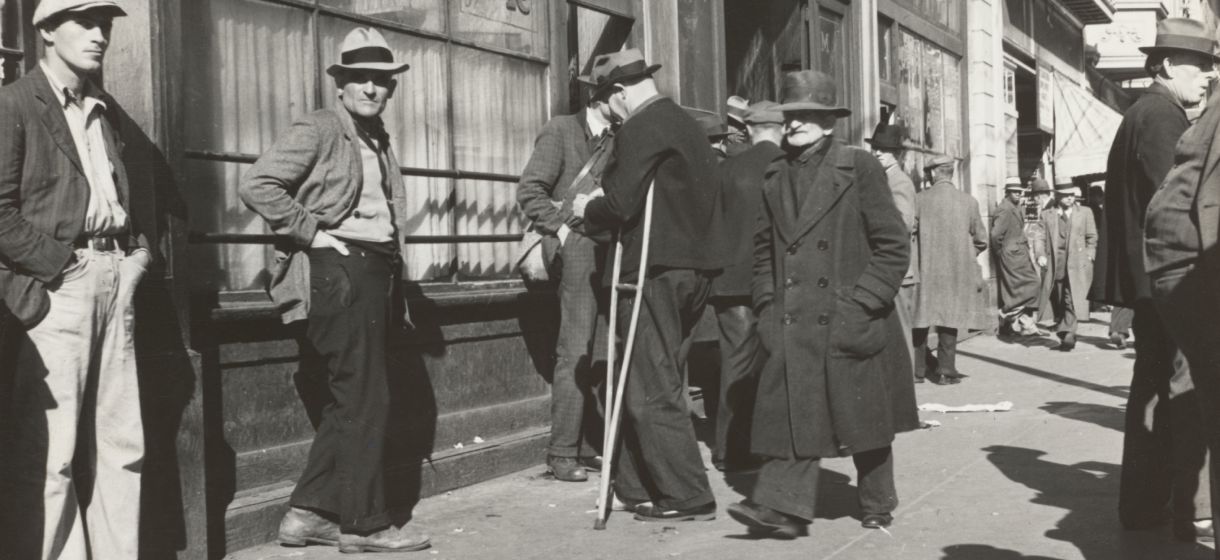
No one knows what the ultimate death toll will be, as the landscape appears to be changing on an almost daily basis. It will be great, but in all likelihood, when the final figures are announced – assuming that we come up with a workable, effective vaccine in due course – they will pale in comparison to the number of fatalities caused by the likes of heart disease, cancer, respiratory infections, diabetes, etc.
In the event of a global economic meltdown – such as will almost inevitably happen should we not ‘get back to work’ soonish – those diseases will claim yet more lives – possibly at a disproportionately (that is, not normal) high level for years to come. This is to say nothing of the deleterious effects on the infrastructure of countries, many of which are palpably incapable of withstanding the demands that will be placed on them.
In many ways, this is ‘triage’ on a national scale. Leaders have to make decisions on what will be best for the majority of people by formulating an equation in which both sides have unknown variables. It’s a scenario where the greater good simply has to become the most important factor, not short-term political gain, nor bowing to the apparent will of the people or seeking to address popular dissent.
We all want to get out and about. But what price are we prepared to pay to exercise our civil liberties and our freedom of choice? These are questions that leaders around the world will be pondering at this very moment, in preparation for trying to make the right decisions that will not only impact our current world, but future generations.
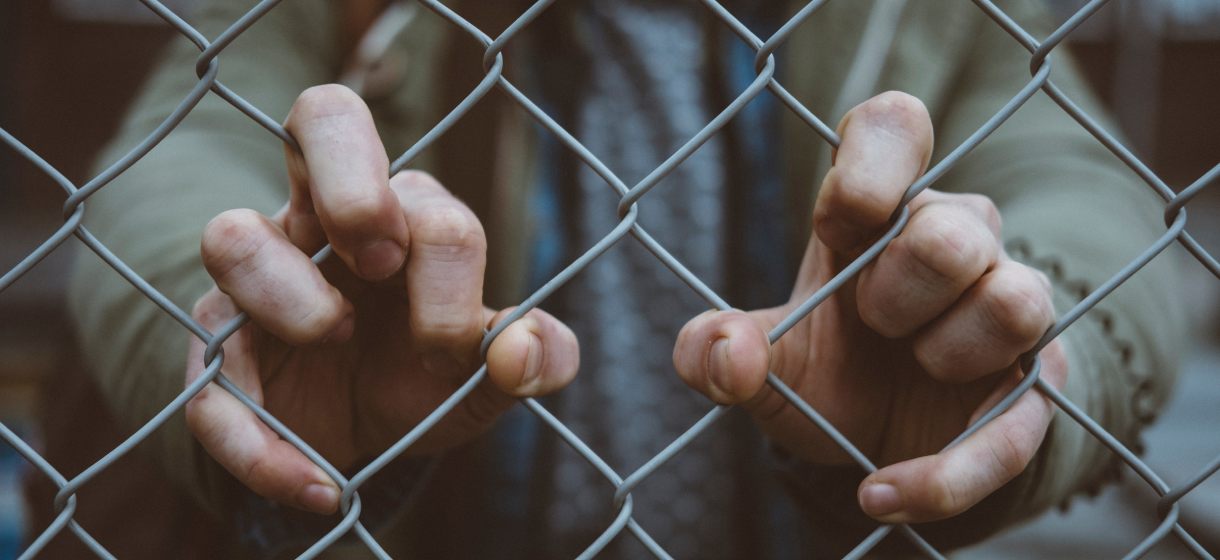
The problem is further complicated by the fact that despite reducing the issue to an equation (admittedly with variables) it’s not that simple. This is not a binary choice, that is, a) open up economies, save them and possibly cause a higher death toll, b) keep everyone in lockdown, save lives and ruin the global economy.
“The supposedly simple choice between maintaining the lockdown or cancelling it is complete hogwash,” says Filip Deelen, former managing director at ING Bank and now director of business development at the Capital Tool Company – an organisation helping to facilitate MSME funding.
“It’s a false choice. If your house is on fire and you’re on the first floor, do you jump out of the window or take your chances on the stairwell? The answer is, neither. You have to assess the danger (Factor A) and then you assess the remedies at your disposal (Factor B), and only when (i) the remedies are evidently inadequate no matter how you apply them, and (ii) you are constrained by time into making a forced choice, do you consider the original set of options as reasonable.”
The conundrum is now beginning to look even less clear cut. Not only are there variables, but there are also a multitude of unknowns and unknowables. As a result, there is speculation as to motivation. Are certain countries desperate to get their workers back to work for the greater good, or because by being first to reopen they can steal a march on their global competitors and be in prime position to benefit when things return to ‘normal’?
“Thinking that opening up the economy is going to reset it to where it was a few months ago is a myth in itself, but it will, in all likelihood, result in hundreds of thousands more fatalities,” continues Deelen. “It draws on the logic that the needs of many, even if reduced only to the need for essential goods, is still too great for the economy to produce and deliver in lockdown. So, sacrifices need to be made, and, as an additional bonus, after the pandemic has run its course, the economies that are up and running first will be in pole position for the ensuing race to gain traction and global market share.”
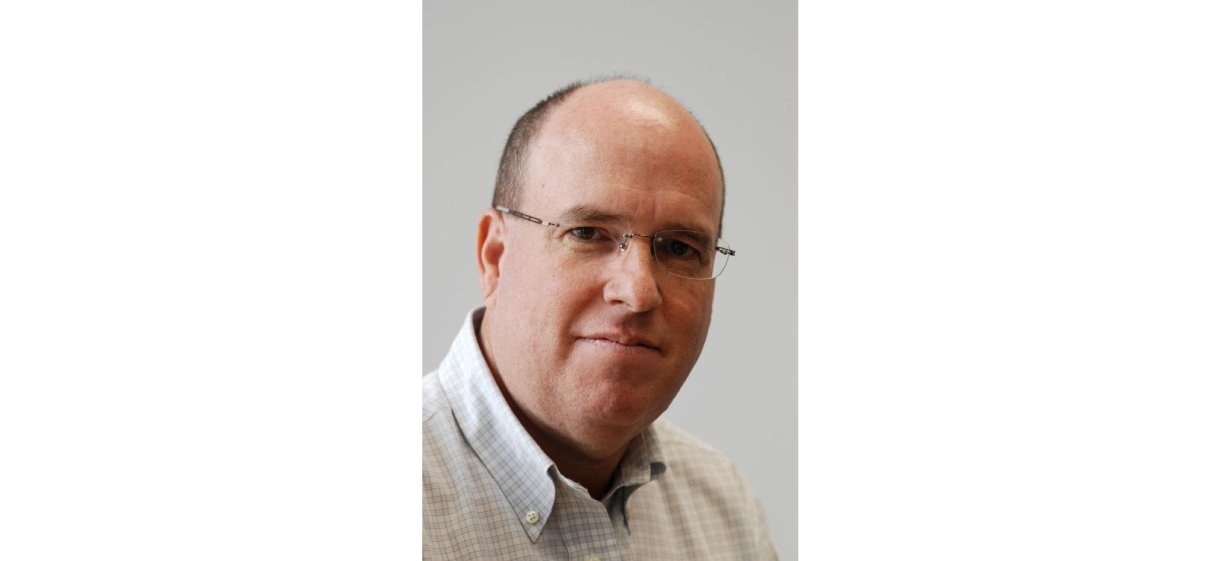
David Dredge of Convex Strategies, an investment manager that specialises in risk mitigation solutions, suggests that “we probably have a better idea of the mortality rate of the virus than we have for an extended economic collapse, the like of which has not been seen in modern times.
“The powers that be (central banks, powerful financiers, governments) got us to the end of an unprecedentedly long economic growth cycle,” says Dredge, “fuelled ever onward by historically extreme monetary and fiscal imprudence (aka, ‘stimulus’), by driving the global system to all-time high levels of debt / credit. The ancillary of this is the all-time extremes of wealth imbalances. Along comes the virus, and the associated shutdowns, leading to an epic shock to cash flow, just as the debt-servicing requirements for the system are at their most unsustainable.
“If (leaders) continue down this path of enforced poverty for the masses,” concluded Dredge, “lockdown, circuit breakers, shelter-in-place, etc., while printing endless money to support asset prices and prevent a wealth rebalancing default cycle, the implications could be a bit more severe than just cabin fever-related mental health issues.”
The situation will be different for different countries. Richer nations will be able to better support their unemployed, while poorer countries will struggle. Unemployment will have a seriously detrimental effect on the younger, working population, but opening up is likely to cause more fatalities among that group in the medium to long term.
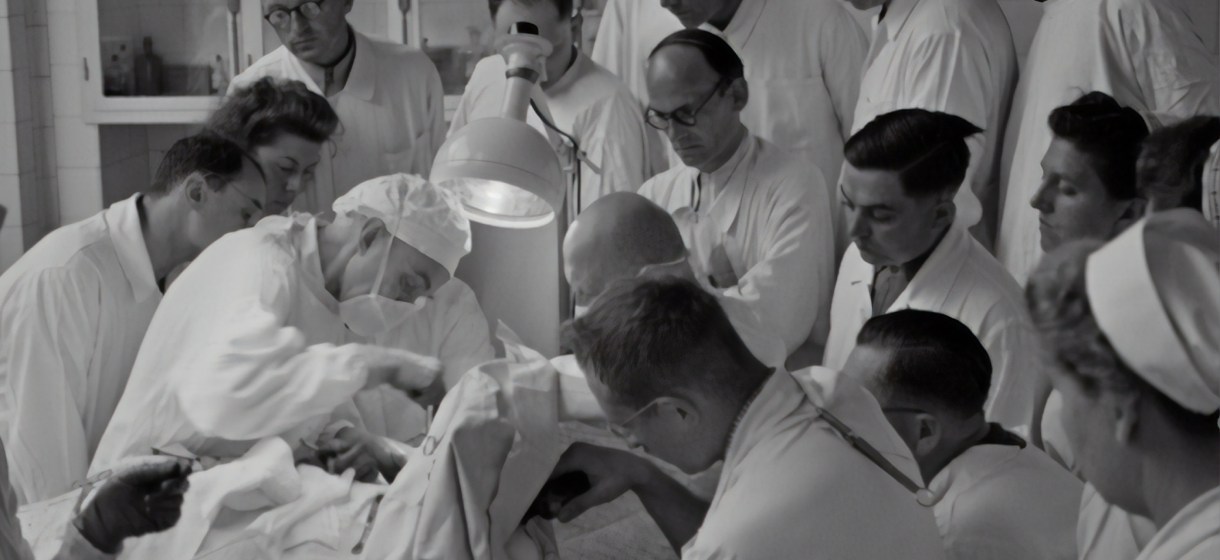
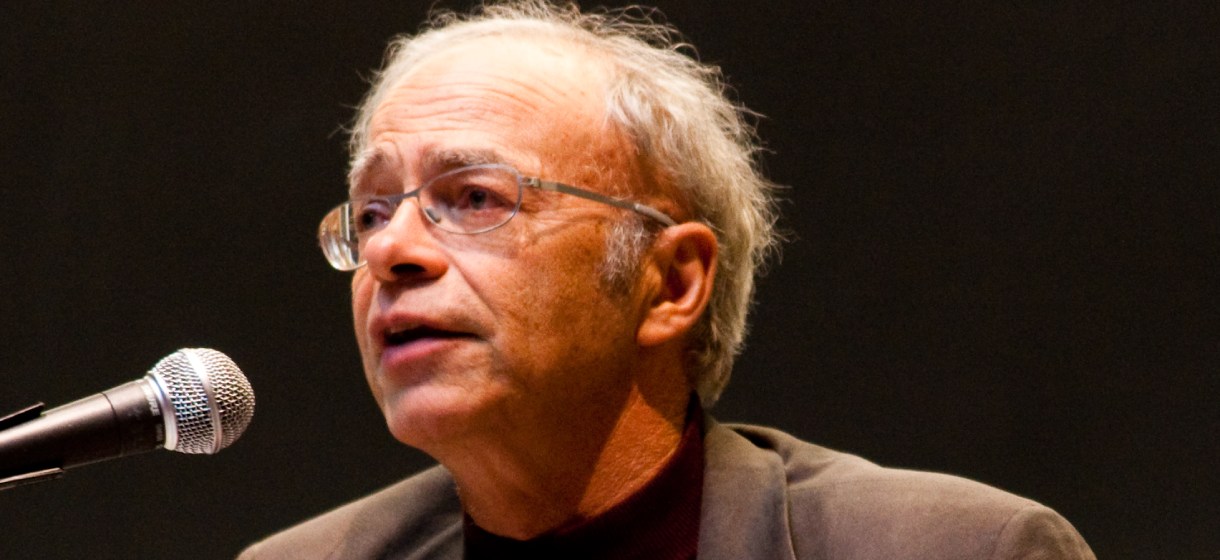
“We need to think about this in the context of the wellbeing of the community as a whole,” said Peter Singer, at a New York Times Magazine forum. The moral philosopher and professor of bioethics at Princeton University was talking about the trade-off between the ‘loss of life’ and the loss of ‘quality of life’, and said, “We are currently impoverishing the economy, which means we are reducing our capacity in the long term to provide exactly those things that people are talking about that we need – better health care services, better social security arrangements to make sure that people aren’t in poverty. There are victims in the future, after the pandemic, who will bear these costs. The economic costs we incur now will spill over, in terms of loss of lives, loss of quality of life, and loss of wellbeing.
“I think that we’re losing sight of the extent to which that’s already happening,” he concluded.
“Public policy,” says professor Chandran Kukathas, dean of the School of Social Sciences at Singapore Management University and the current holder of the Lee Kong Chian Chair of Political Science, “is substantially about figuring out the trade-offs that have to be made. This is complicated for some obvious reasons: the future is uncertain and there’s no guarantee that the gains will materialise. Not to mention the fact that we don’t all agree on what gains are worthwhile, and how much we should discount the gains that are too far into the future.
“The other problem with trying to figure out how to make the trade-off is that the people making the sacrifices and those who ultimately gain, may not be the same. Usually we prefer to sacrifice the poor to protect the rich. Sadly. So the question to ask – including with Singapore – is cui bono? Who stands to gain? If the answer to that question is ethically defensible, then policy is on the right track. If it’s not, then we need to ask some other tougher questions.”
Dilemmas are never easy, and the question ‘to open up or not to open up?’, while possibly not quite extending to the existential angst of Hamlet’s “to be or not to be?”, does share common denominators. It is also not really a dilemma in that the choice is not binary and the issue is not black or white. But what decisions will be made by those who take responsibility for our lives, and what might their motivations be? Most importantly, what will be the long-term ramifications of the choices that are made, and will it all have been worth it in the final reckoning?
